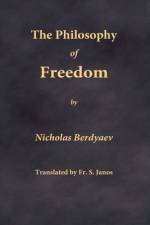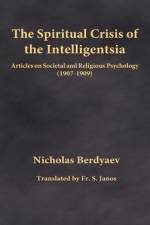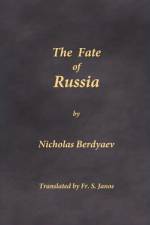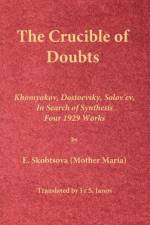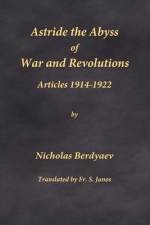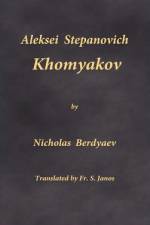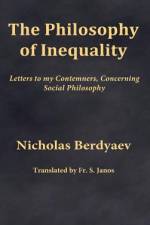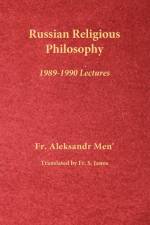von E. Skobtsova (Mother Maria)
33,00 €
1st English Translation from Russian: "The Crucible of Doubts" comprises four separately published works in 1929 by E. Skobtsova nee Pilenko (1891-1945), -- as booklets on Khomyakov, Dostoevsky, Vl. Solov'ev, and a Journal Put' article. These are significant and rare to find texts by a major figure in Russian religio-philosophic thought. Elisaveta Skobtsova in 1932 became the celebrated Orthodox Christian nun, Mother Maria of Paris, perishing in Ravensbrueck concentration camp in 1945, and recently canonised as a Saint in 2004. Truly an extraordinary woman, a Symbolist poet from the Russian cultural Silver Age, S-R revolutionary, default brave mayor, emigre religio-philosophic creative mind, incisive in thought and intrepid, with her monastic praxis of "Orthodox Action". She was an active WWII Resistance figure, sheltering Jews, and is recognised for such in WWII Holocaust memorials. Skobtsova is representative of that portion of the Russian Intelligentsia who blazed their path back to Christ and the Church.Our present title, "The Crucible of Doubts" is inspired by an apt saying by Dostoevsky: "Through the crucible of doubts my hosanna hath passed". Each of these three Orthodox figures in the booklets of Skobtsova has left an lasting imprint upon Orthodox religious thought. The old head of the Slavophils, A. S. Khomyakov, brought into currency the concept of "Sobornost'", as authentic "communality" or "catholicity", in answer to Papal pretensions. Skobtsova's booklet on Dostoevsky comprises an "Essential Dostoevsky" in a compactly concise compendium. Herein is the creative genius of Dostoevsky, all his uniquely pervasive insights, with his succint personified motifs and intensive themes, a rich fare for both student and scholar. With Skobtsova's "Vl. Solov'ev" booklet we meet with the radically significant religio-philosophic concept of "God-manhood", a profound Christological "long dead dogma" resuscitated by Solov'ev, to form the basis of an authentic Christian anthropology. Vl. Solov'ev was a seminal figure within Russian religio-philosophic thought, inspiring also the current of Sophiology, religiously and aesthetically. Although "God-manhood" is the ideal, "man-godhood" its antithesis proves to be the ugly reality prophetically foreseen by Dostoevsky. Skobtsova's 1929 article in Journal Put', "In Search of Synthesis", strives to provide meaningful an answer. A short eulogy of Mother Maria Skobtsova by the Russian religious philosopher, N. A. Berdyaev, opens the collective text of "The Crucible of Doubts".Mother Maria Skobtsova was a notable member of that remarkable gathering of Orthodox emigre religious intellectual figures of her generation in Russian Paris, which helped keep alive the light of faith in Russia during the long dark "Soviet night". A portion of this rich legacy has been rediscovered in Russia, and abroad. Skobtsova's writings contained in "The Crucible of Doubts" have however not been reprinted in Russian language since their original 1929 publication. This book can serve as an engaging read for both student and scholar, as well as anyone pondering the insights of a Christian existentialism, even beyond Orthodox Christian a perspective.Of minor note, the translator has extensively translated articles of the Russian religious philosopher, N. A. Berdyaev, including several books in 1st English translation, available from the selfsame publisher of this Mother Maria Skobtsova text...

